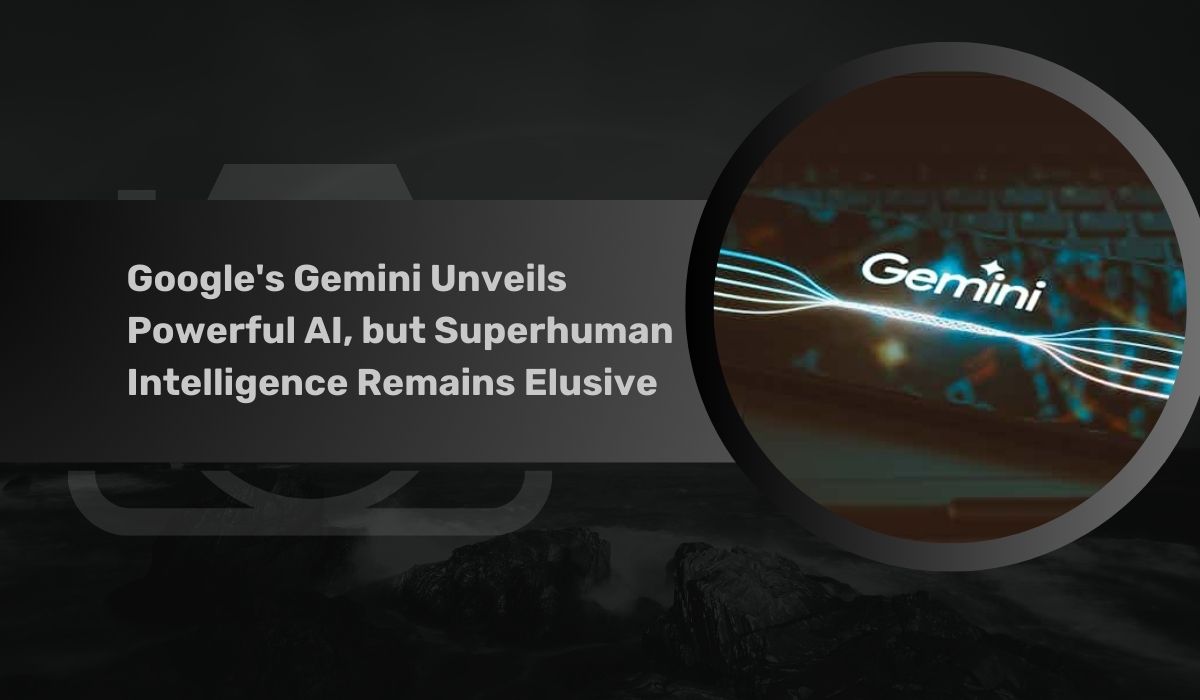
Google is harnessing the potential of Gemini to revolutionize its array of products, aiming to enhance existing features and introduce novel functionalities across services such as search, Gmail, YouTube, and its office suite. With trimmed versions of Gemini also slated for Android devices, this endeavor seeks to bolster Google's online advertising business while fortifying its position in the realm of search engines. The adoption of Gemini signifies a significant stride for Google, leveraging upgradable cloud services to offer users a suite of upgraded capabilities.
The emergence of ChatGPT has garnered widespread attention, bolstering OpenAI's reputation and prompting Google to intensify its focus on AI through Gemini. With formidable research teams propelling advancements, Google aims to reclaim its stature as a leading force in AI innovation. Central to Gemini's prowess are transformer networks, which underpin its capacity to process diverse data modalities, including text, audio, image, and video. By amalgamating these modalities, Gemini heralds a new era of multimodal transformer models, heralding a stride toward more potent artificial general intelligence (AGI).
The pursuit of AGI, while promising, also engenders apprehensions within the research community and society at large. While some caution against the potential perils of unleashing superhuman AGI prematurely, others contend that current AI approaches lack the depth required for human-level intelligence. Amidst these debates, it is imperative to acknowledge the ethical and societal implications of AI advancements, while also fostering interdisciplinary dialogues to navigate these complexities responsibly. As we tread the path towards AGI, it is crucial to remain cognizant of both the transformative potential and the ethical imperatives accompanying such technological leaps.